Oral health is an essential aspect of overall well-being, and sometimes, despite our best efforts, certain conditions may necessitate oral surgery. From wisdom teeth removal to dental implants, oral surgery plays a pivotal role in addressing various dental issues. In this article, we’ll delve into the world of oral surgery, exploring different procedures, recovery tips, and the importance of maintaining oral hygiene throughout the process.
Common Oral Surgery Procedures
Understanding Wisdom Teeth Extraction
Wisdom teeth, also known as third molars, often emerge in late adolescence or early adulthood. These teeth can cause pain, misalignment, and even infection if they don’t have enough space to grow properly. Wisdom teeth extraction is a common procedure that involves removing these molars to prevent potential complications.
Dental Implants: A Permanent Solution
Dental implants offer a permanent solution for individuals with missing teeth. This surgical procedure involves placing a titanium post into the jawbone, providing a stable foundation for a prosthetic tooth. Dental implants not only restore aesthetics but also improve functionality and prevent bone loss.
Corrective Jaw Surgery For Alignment
Corrective jaw surgery, also known as orthognathic surgery, aims to correct severe jaw misalignments that can impact speech, chewing, and breathing. This procedure involves repositioning the upper and lower jaws to achieve proper alignment, resulting in improved function and facial aesthetics.
Treating Sleep Apnea With Surgery
For individuals with obstructive sleep apnea, oral surgery can be a viable treatment option. Surgery may involve removing excess tissue from the throat or repositioning the jaw to alleviate airway obstruction during sleep, thus improving breathing and overall sleep quality.
Preparing For Oral Surgery
Consultation with the Surgeon
Before undergoing oral surgery, a consultation with the oral surgeon is crucial. This initial meeting allows the surgeon to assess the patient’s condition, discuss available treatment options, and address any concerns the patient may have.
Pre-surgery Instructions
Patients will receive specific instructions to follow before the surgery, such as fasting and avoiding certain medications. Adhering to these guidelines is essential to ensure the procedure’s success and reduce the risk of complications.
Anesthesia Options And Their Benefits
Oral surgery can be performed under various anesthesia options, including local anesthesia, sedation, or general anesthesia. The choice of anesthesia depends on the procedure’s complexity and the patient’s comfort level.
The Oral Surgery Process
Step-by-step Procedure Walkthrough
The actual surgical procedure varies based on the specific intervention. Surgeons follow a meticulous approach, ensuring patient safety and optimal outcomes. The procedure will be explained in detail before the surgery to ease any anxiety the patient may have.
Duration and Aftercare Instructions
The duration of an oral surgery procedure depends on its complexity. After the surgery, patients will receive thorough aftercare instructions, including pain management, wound care, and guidance on resuming normal activities.
Recovery Period
Managing Pain and Swelling
Pain and swelling are common after oral surgery. Over-the-counter pain relievers, as well as prescribed medications, can help manage discomfort. Applying cold packs to the affected area can also alleviate swelling.
Dietary Guidelines for Optimal Healing
During the recovery period, it’s important to follow dietary guidelines to promote healing. Soft foods and liquids are recommended initially, gradually transitioning to a regular diet as the healing progresses.
Oral Hygiene Practices
Maintaining oral hygiene is crucial for preventing infections during the recovery phase. Gently brushing teeth and rinsing the mouth as directed by the surgeon can help keep the surgical site clean and reduce the risk of complications.
The Role Of Oral Surgeons
Qualifications and Expertise
Oral surgeons are dental specialists with advanced training in surgical procedures involving the mouth, jaw, and face. Their expertise ensures safe and effective treatment for various oral conditions.
Collaborating with Other Dental Professionals
Oral surgeons often collaborate with other dental professionals, such as orthodontists and prosthodontists, to provide comprehensive care. This collaborative approach ensures that patients receive the best possible treatment outcomes.
Oral surgery plays a vital role in addressing a wide range of dental conditions, from wisdom teeth extraction to complex jaw realignment. By understanding the different procedures, preparing adequately, and following post-operative instructions diligently, patients can navigate the process with confidence. Remember, maintaining oral hygiene and attending follow-up appointments are essential for a successful recovery and long-term oral health.




